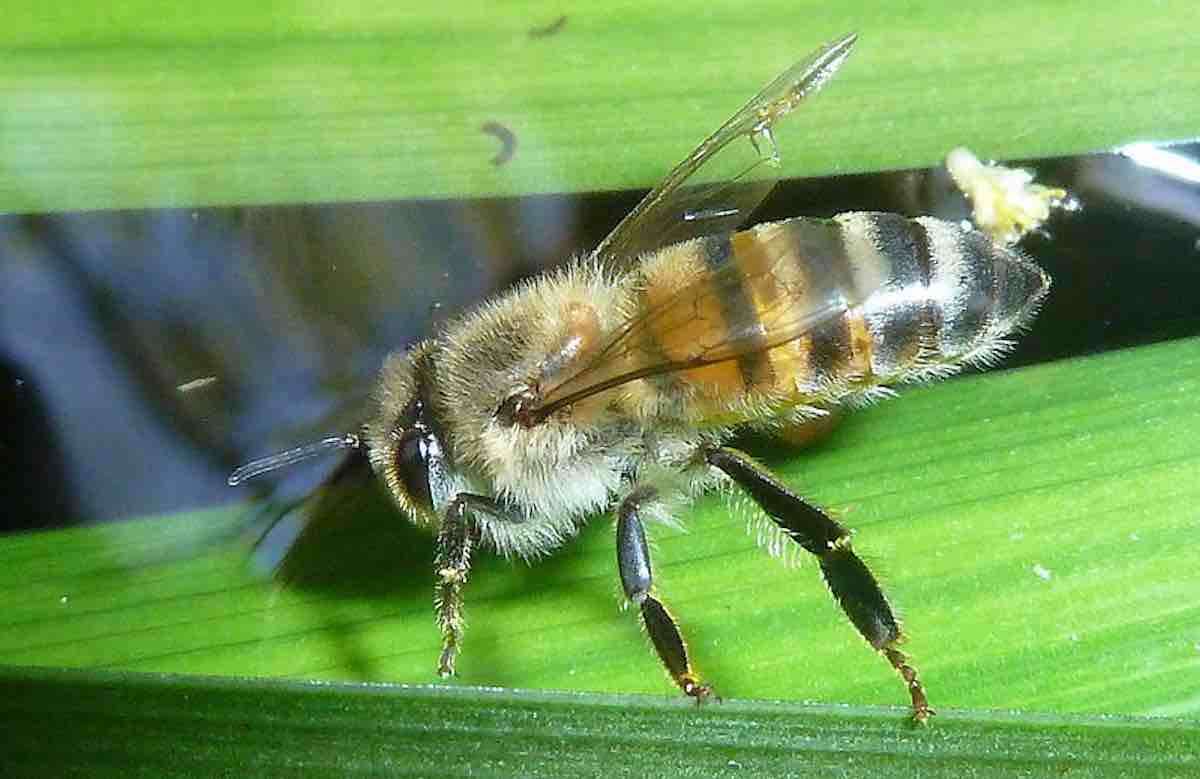You May Soon Be Able to Measure Water Pollution Levels Simply By Taking a Picture
Not only that, but researchers want to make the technology freely available to the public so that citizen scientists around the world can 3D-print their own.

A high school student is being hailed for discovering an incredibly simple way to help save bees – and he is already contacting local farms about implementing his solution.
Derek Woo is a senior student at Greenwich High School in Connecticut. The 17-year-old became inspired to help honeybees when he heard a story on the radio about "colony collapse disorder" – a phenomenon that happens when worker bees leave the hive, leaving the queen and her young to fend for themselves.
While this event can be caused by infections and parasites, the most consistent trigger for the collapse is due to insecticides. If ingested, a bee can die from the poison.
A very common method of ingesting the water is when bees drink the water that collects at the end of leaves. The water – which travels up from the soil, through the stem, and onto the leaves – collects glucose on its way through the plant. Unfortunately, the water also absorbs insecticides. Not only that, but the insecticide becomes four times more concentrated once it collects on the leaves.
When bees are drawn to the glucose in the water, they also end up ingesting the insecticide.
Derek's simple solution? Mix four parts soil with one part charcoal, or "biochar".
Biochar is an environmentally-friendly type of charcoal that is used by farmers to absorb harmful chemicals and help soil retain its moisture. When mixed with plant soil that has been sprayed with insecticides, the water that is collected on the leaves only contains a tiny fraction of poison, which makes it safer for bees to drink.
According to Eureka! Lab, Derek has already started contacting local farmers about adding biochar to their soil.
Click To Share The Buzz With Your Friends (Photo by JMK, CC)
Be the first to comment